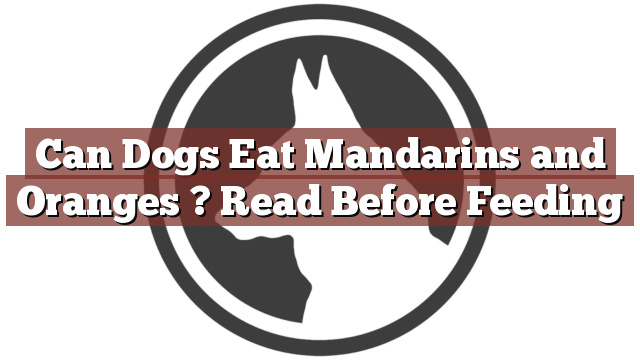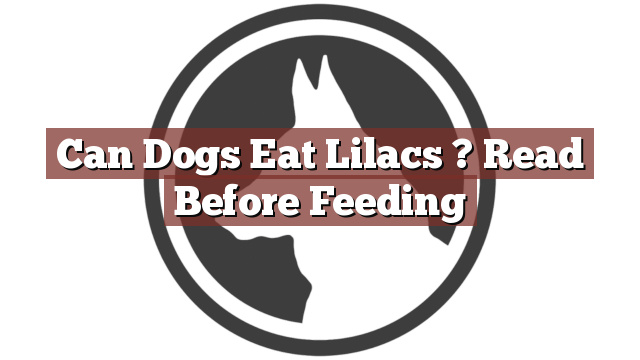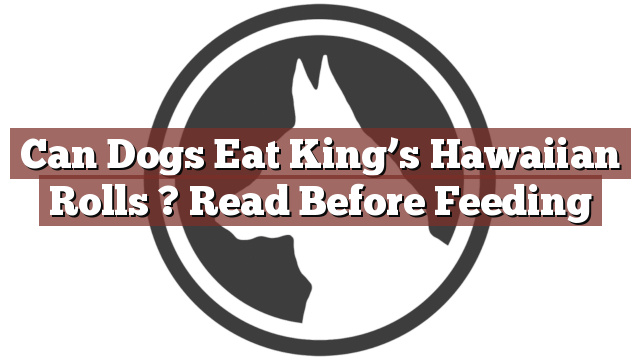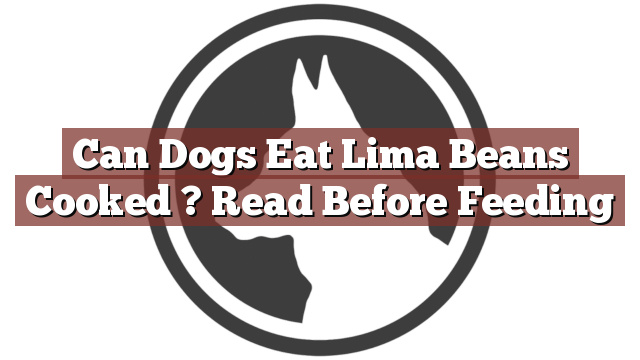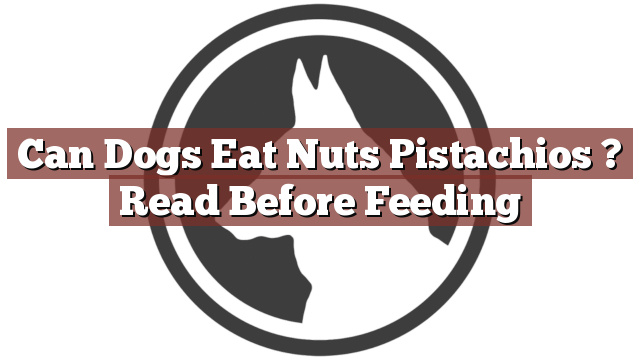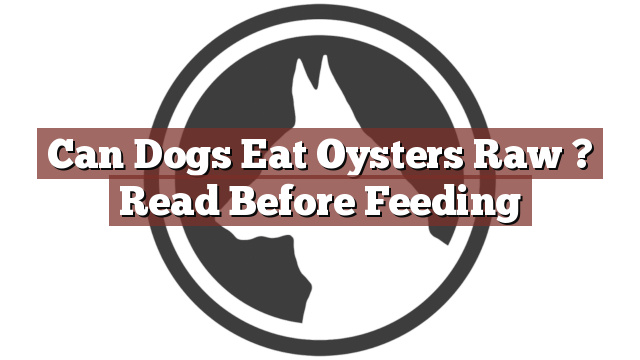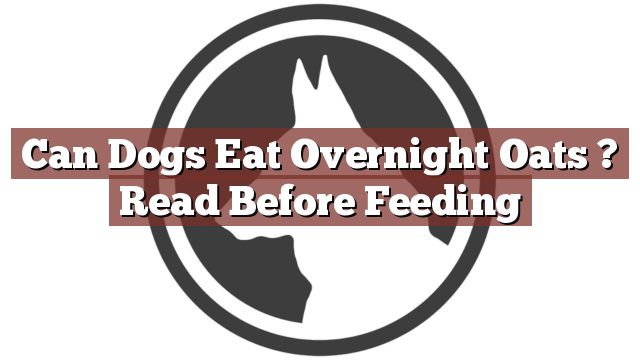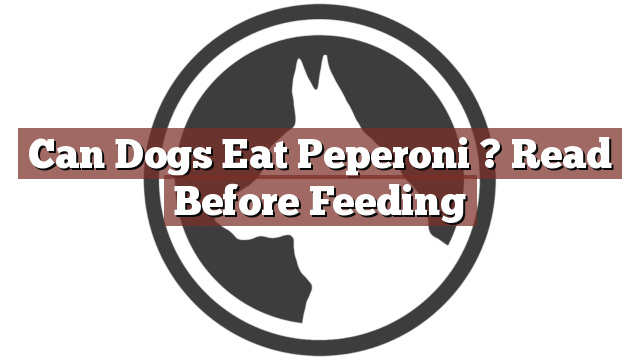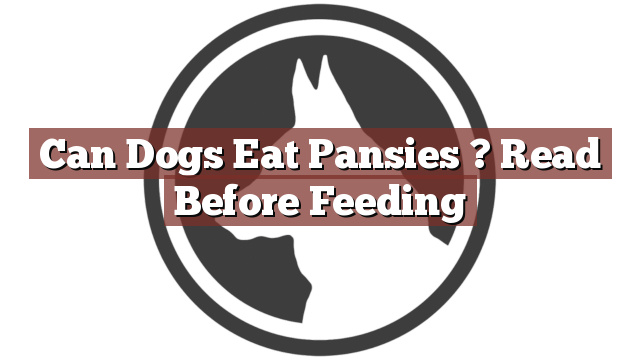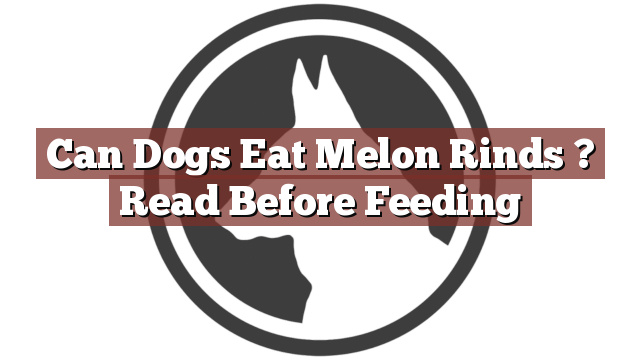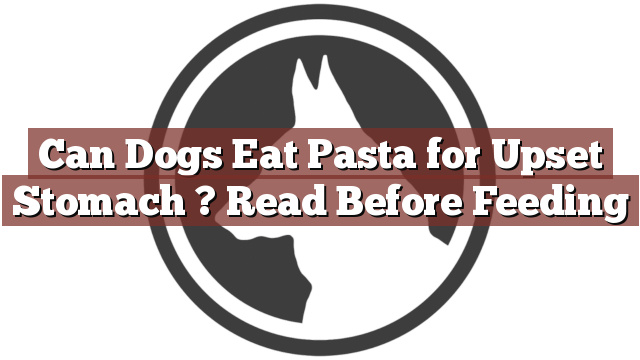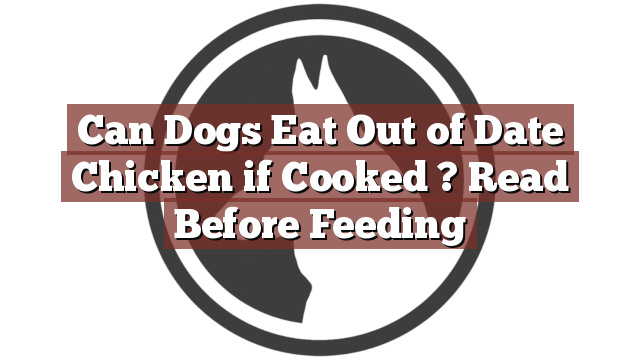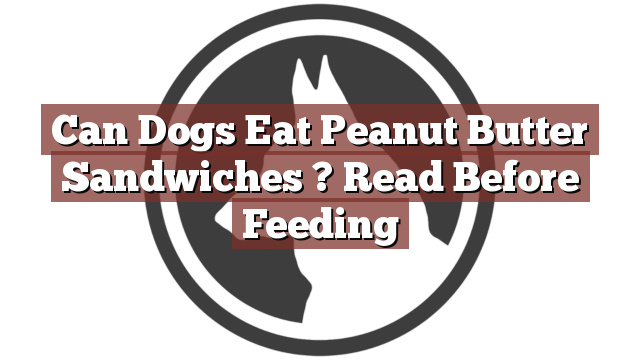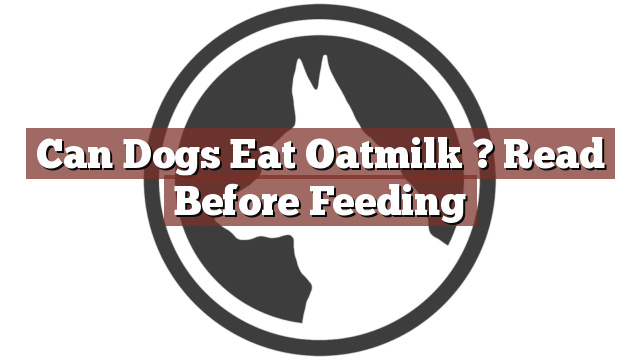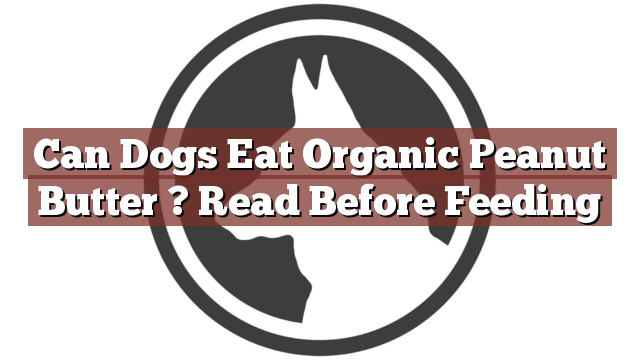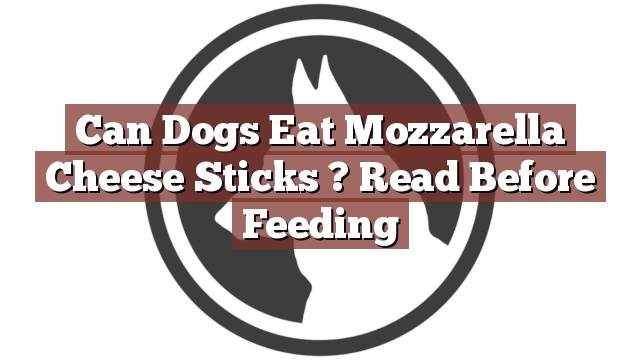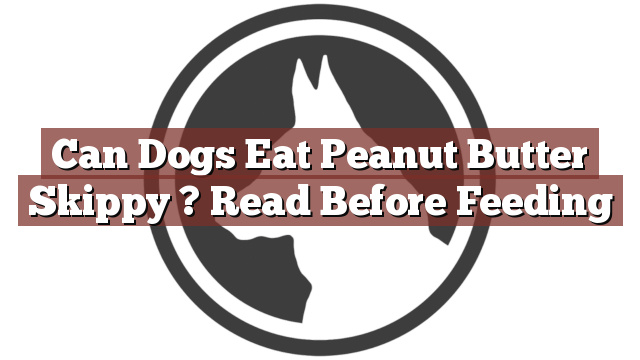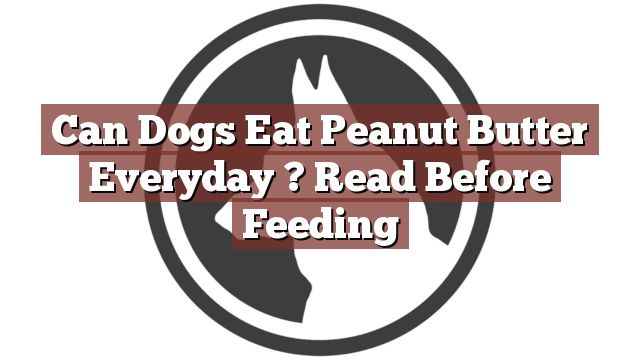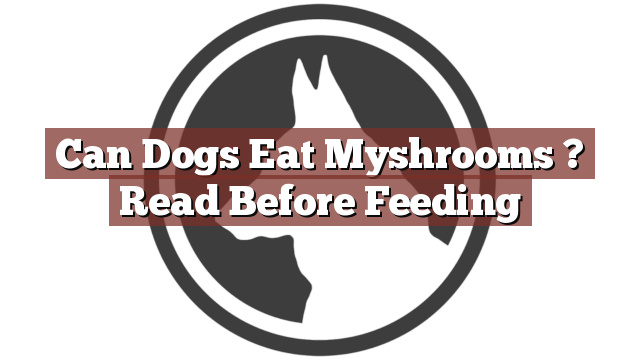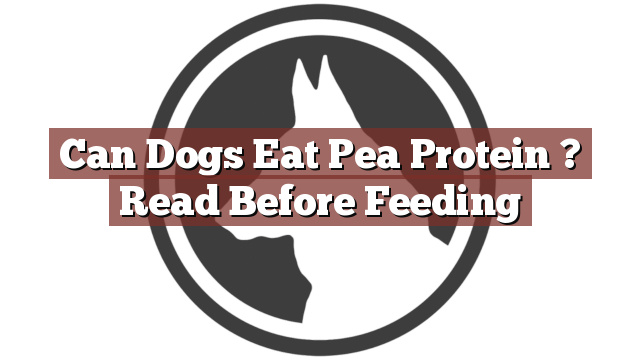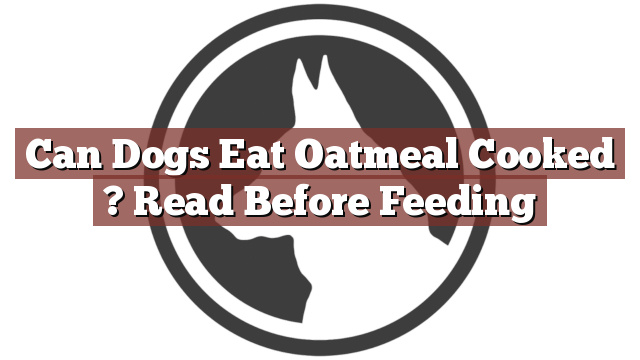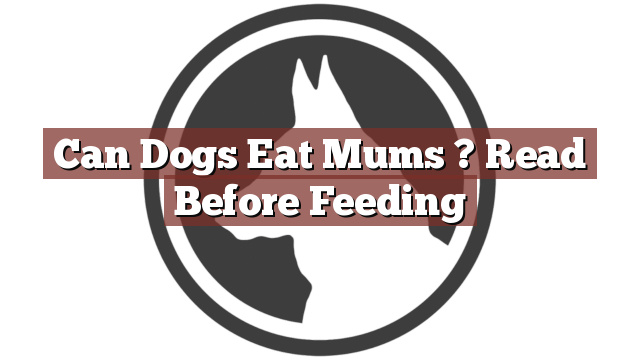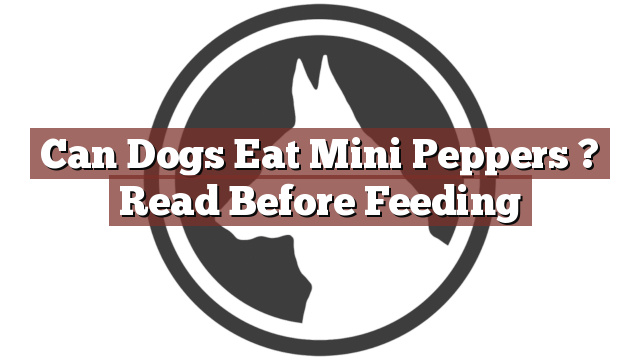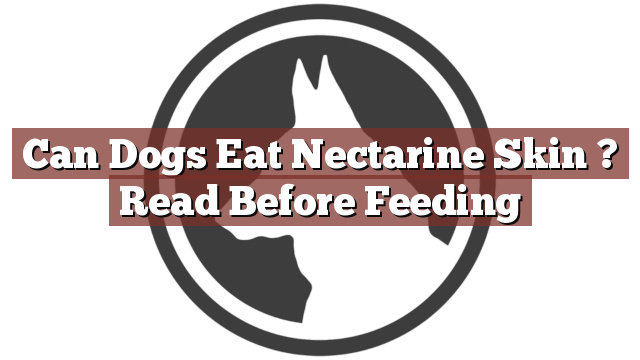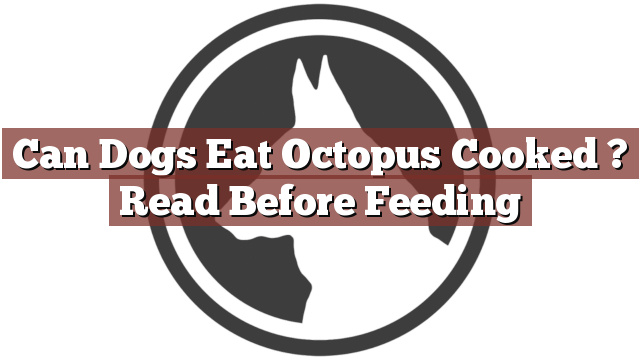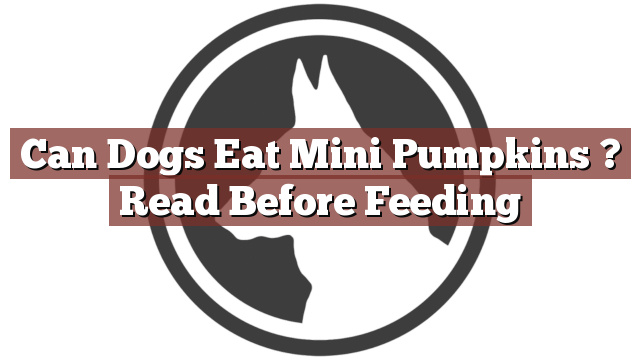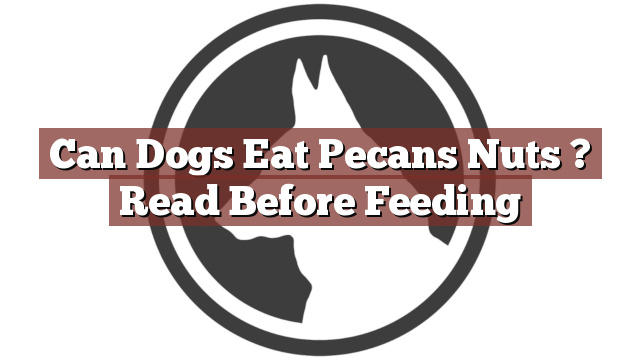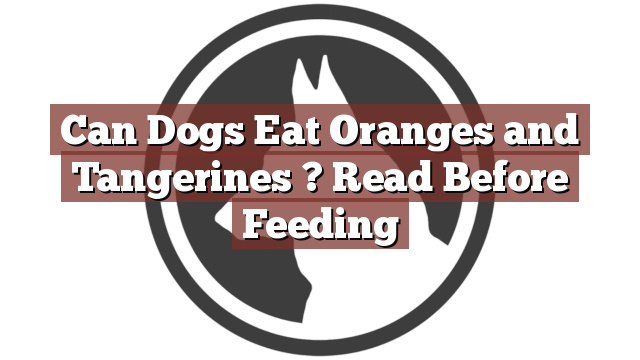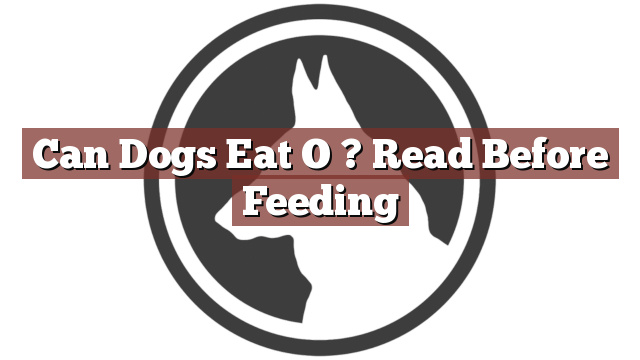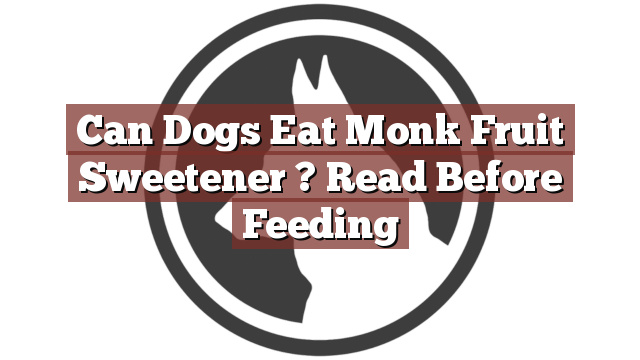Understanding Your Dog’s Dietary Needs
As a responsible pet owner, it is important to be aware of what foods are safe and suitable for your furry friend. Dogs have different dietary needs compared to humans, and there are certain foods that can be harmful or toxic to them. While dogs are primarily meat-eaters, they can also benefit from some fruits and vegetables in moderation. However, it is crucial to know which fruits and vegetables are safe for them to consume. One common question that arises is, can a dog eat mandarins and oranges?
Can Dogs Eat Mandarins and Oranges? Read Before Feeding
Can dogs eat mandarins and oranges? The answer is yes, but in moderation. Mandarins and oranges are not toxic to dogs, but they should only be given as an occasional treat. These fruits are high in vitamin C and fiber, which can provide some health benefits to your dog. However, it is important to note that dogs have different digestive systems and nutritional requirements than humans. Feeding them too much fruit, including mandarins and oranges, can lead to an upset stomach, diarrhea, or even pancreatitis.
Before offering any fruit to your dog, it is important to remove the seeds and any rind or peel, as these parts can be difficult for your dog to digest. Additionally, it is essential to serve mandarins and oranges in small, bite-sized pieces to prevent choking hazards. Always consult your veterinarian before introducing any new food into your dog’s diet, especially if your dog has any underlying health conditions or allergies.
Pros and Cons of Feeding Mandarins and Oranges to Dogs
Pros:
- Vitamin C: Mandarins and oranges are rich in vitamin C, which can support your dog’s immune system and promote overall health.
- Fiber: These fruits contain fiber, which can aid digestion and help regulate bowel movements.
- Hydration: Mandarins and oranges have a high water content, which can contribute to your dog’s hydration levels.
Cons:
- Sugar Content: Mandarins and oranges are naturally sweet, and excessive consumption can lead to weight gain and dental issues in dogs.
- Digestive Issues: Dogs have difficulty digesting large amounts of fruit, and overfeeding can cause gastrointestinal upset.
- Allergies: Some dogs may have allergies or sensitivities to citrus fruits, so it is important to monitor your dog for any adverse reactions.
Conclusion: Proceed with Caution and Consult Your Veterinarian
In conclusion, while dogs can eat mandarins and oranges, it should be done in moderation and with caution. These fruits can provide some health benefits to your furry friend, but they should never replace a balanced and species-appropriate diet. It is always best to consult your veterinarian before introducing any new food into your dog’s diet, as they can provide personalized advice based on your dog’s specific needs and health condition. Remember to remove all seeds, rind, and peel, and serve the fruit in small, bite-sized pieces to prevent choking hazards. By being informed and responsible, you can ensure the well-being and safety of your beloved canine companion.

